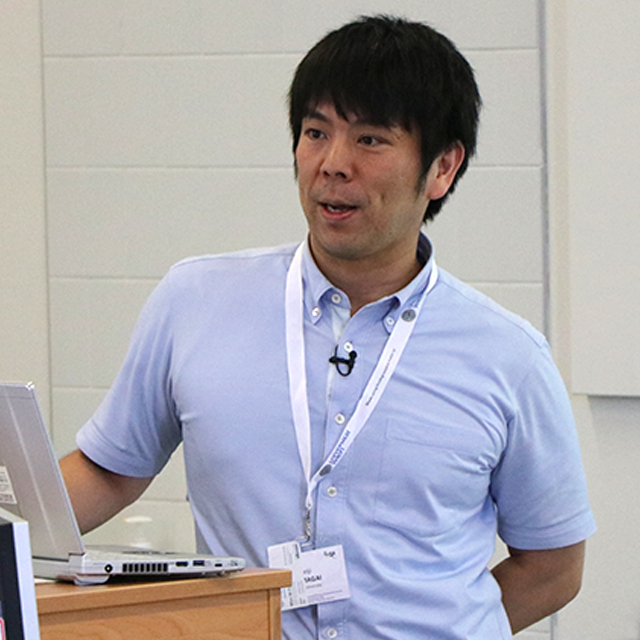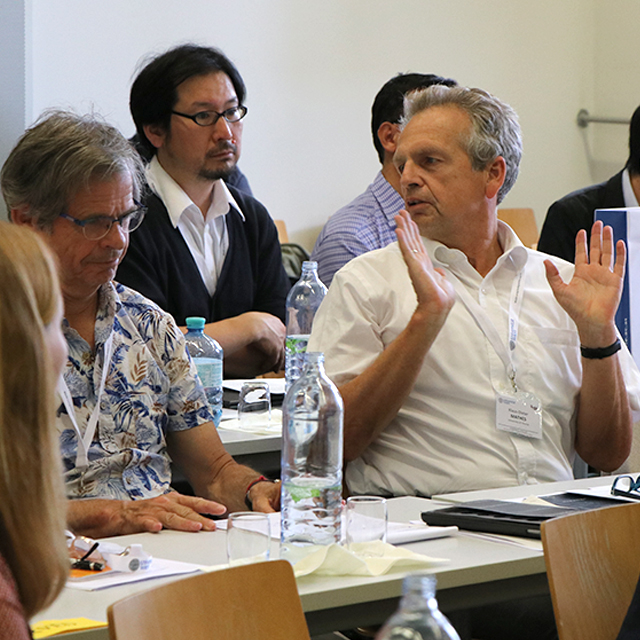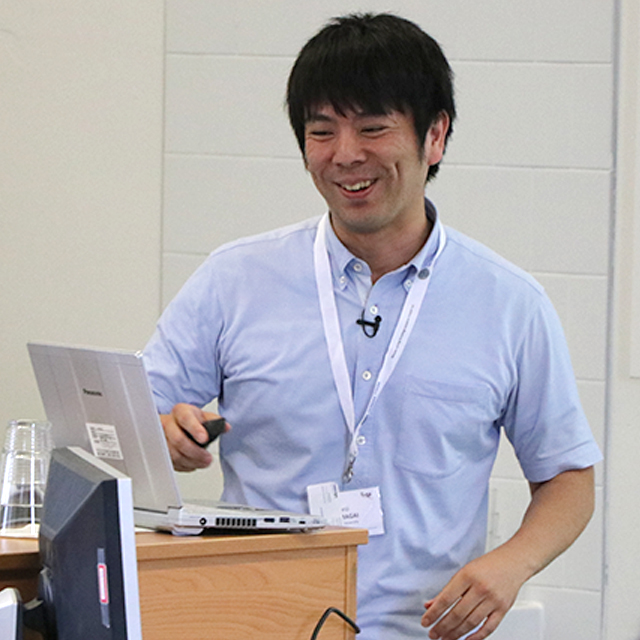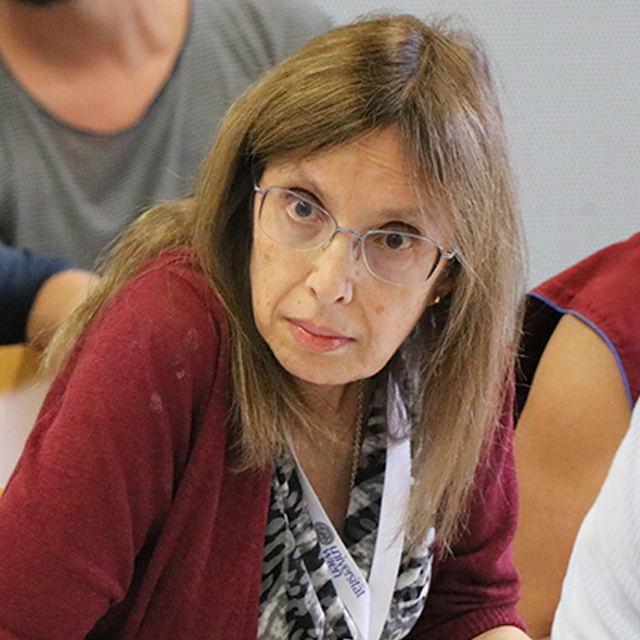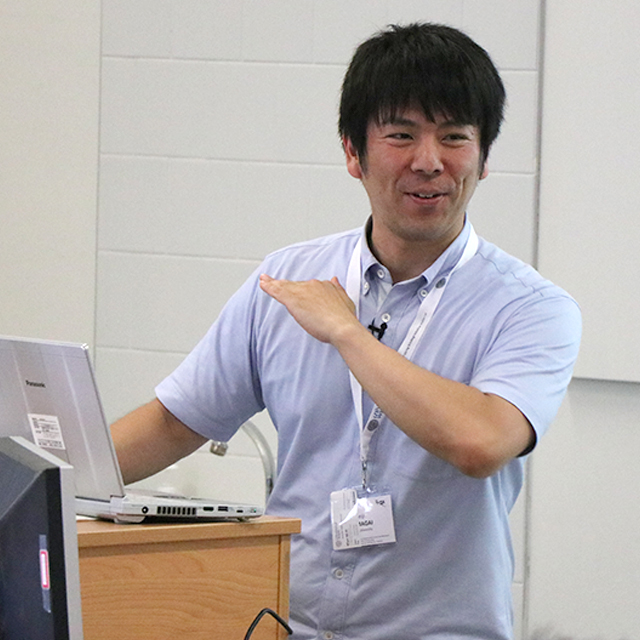How the Concepts of “buddha-nature” (Tathāgatagarbha) and “innate enlightenment” (Hongaku) were interpreted by Shinran (1173-1263), Founder of the Jōdo-Shin-Shū School of Japanese Pure Land Buddhism
Japan is one of the most prominent Buddhist countries. Located in the Far East, this country’s Buddhism has developed many peculiar characteristics and concepts. One of these specific ideas is the theory of “innate enlightenment” (hongaku), which is closely related in meaning to the term “buddha-nature” (tathāgatagarbha).
The theory of “buddha-nature” insists that since all sentient beings possess the essence of Buddha, they are all capable of becoming enlightened in the future. On the other hand, the theory of “innate enlightenment” admits as a fact that all sentient beings are innately enlightened, or that all phenomena are a manifestation of Buddha. The extended interpretation of the theory of “buddha-nature” was highly developed in Japanese Tendai school.
The unique theory of “innate enlightenment” was actually criticized by Japanese Buddhist monks both inside and outside the Tendai school. For example, the theory does not appear in any of the attested treatises of Genshin (942-1017), a highly influential representative of Japanese Pure Land Buddhism (although it does appear in forged works attributed to him). Honen (1133-1212), the founder of the Jōdo-Shū school, took a contrary position against the idea of “innate enlightenment” as admitted by modern Buddhologists.
However, Yoshiro Tamura insists that Honen’s disciples, including Shinran (1173-1263), the founder of Jōdo-Shin-Shū school, embraced the theory of “innate enlightenment” against their master’s position. Japanese Buddhologists after Tamura have also defended that Shinran was influenced by such a theory to a greater or lesser extent.
However, the current speaker has been able to prove that Shinran, as well as his master Honen, clearly showed a negative attitude against the theory of “innate enlightenment”, although he used terms which are often regarded to be associated with the theory. This presentation will overview Shinran’s position concerning the theories of “buddha-nature” and “innate enlightenment”.
Event: Vienna Symposium 2019 – Paper Presentation
Date: July 18, 2019 – 5:15 pm
Speaker: Seiji Kumagai
Topics: Buddha Nature, Hongaku, Japanese Pure Land Buddhism, Shinran
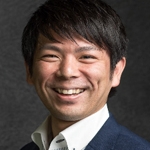
Seiji Kumagai
Kyoto University
Seiji Kumagai was born in 1980 in Hiroshima (Japan). He studied Buddhist philosophy and received his Ph.D. in 2009 from Kyoto University. In 2011, he became an assistant professor at the Hakubi Center for Advanced Research of Kyoto University. Since 2013, he has been Uehiro Associate Professor at Kokoro Research Center of Kyoto University from then until the present. Since 2017, he has been a divisional director of the Department of Bhutanese Studies at Kokoro Research Center. He was invited by University of Vienna as Numata Professor in 2018.
His field of research is Buddhist Madhyamaka philosophy in India, Tibet, and Bhutan, and also that of Bon religion. He has also conducted research on the history of Tibetan and Bhutanese Buddhism. His most notable publications include books such as The Two Truths in Bon (Kathmandu: Vajra Publications, 2011), Bhutanese Buddhism and Its Culture (Kathmandu: Vajra Publications, 2014), and Buddhism, Culture and Society in Bhutan (Kathmandu: Vajra Publications, 2018), as well as numerous academic articles on Indo-Himalayan Buddhism and Bon.

